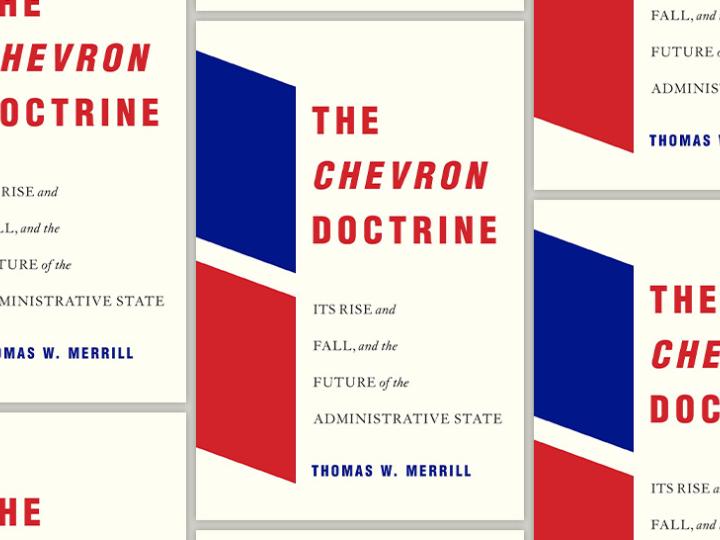Thomas W. Merrill of Columbia Law School has authored The Chevron Doctrine: Its Rise and Fall, and the Future of the Administrative State, discussing the implications of the U.S. Supreme Court decision in Chevron v. Natural Resources Defense Council.
A leading expert on the administrative state describes the past, present, and future of the immensely consequential—and equally controversial—legal doctrine that has come to define how Congress’s laws are applied by the executive branch.
The Constitution makes Congress the principal federal lawmaker. But for a variety of reasons, including partisan gridlock, Congress increasingly fails to keep up with the challenges facing our society. Power has inevitably shifted to the executive branch agencies that interpret laws already on the books and to the courts that review the agencies’ interpretations.
Since the Supreme Court’s 1984 decision in?Chevron v. Natural Resources Defense Council, this judicial review has been highly deferential: courts must uphold agency interpretations of unclear laws as long as these interpretations are “reasonable.” But the?Chevron?doctrine faces backlash from constitutional scholars and, now, from Supreme Court justices who insist that courts, not administrative agencies, have the authority to say what the law is. Critics of the administrative state also charge that Chevron deference enables unaccountable bureaucratic power.
Merrill is an Associate Reporter for Restatement of the Law Fourth, Property. He is a professor of law at Columbia University, focusing on property and administrative law.
